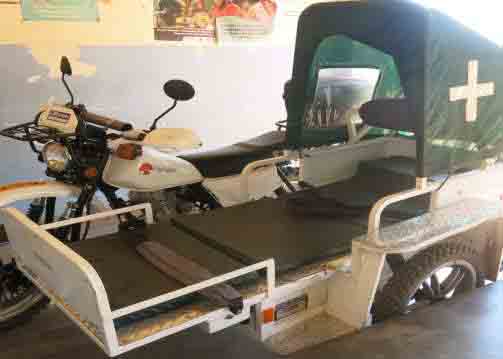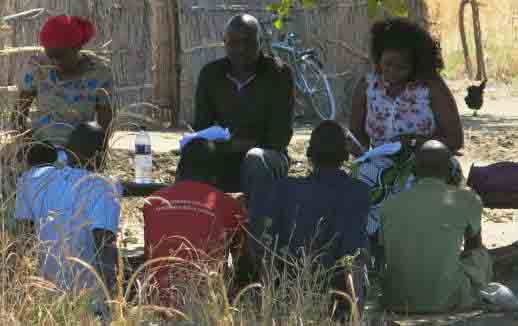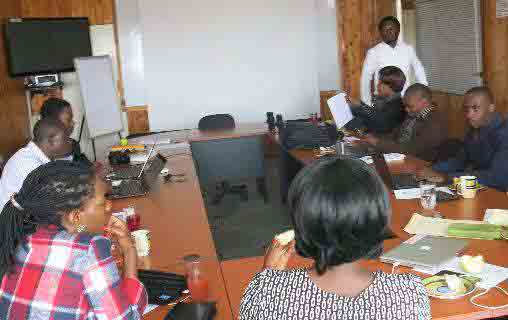Social Protection, Rural Livelihoods and Poverty
Project: Social Cash Transfer Beneficiary Tracking undertaken as part of the MASAF IV achievements
Client: Local Development Fund/World Bank
E4C in 2017 finalised the MASAF IV SCTP Beneficiary Technical Audit that was undertaken as part of the MASAF IV achievements .The assignment entailed conducting a beneficiary tracking survey and assessing how the SCTP beneficiaries are improving their livelihoods, case management and how the project design could be improved. A gender study was included.
Project Name: Developing a Concept for Streamlining targeting mechanisms and processes across national social protection programmes
Client: Ministry of Finance, Economic Planning and Development and Planning with support from GIZ and Irish Embassy
In 2016, E4C conducted a study in collaboration with Oxford Policy Management on Developing a Concept for Streamlining targeting mechanisms and processes across national social protection programmes for the Ministry of Finance, Economic Planning and Development and Planning with support from GIZ and Irish Embassy .The exercise assessed the Streamlining targeting, costing for the National Social Protection Programme in Malawi. The mixed methods were significant for the collection of both qualitative and quantitative data.
Project: Study on product and service needs of COMSIP primary cooperatives
Client: Community Savings and Investment Promotion (COMSIP) Cooperative Union Limited
E4C conducted a study is to identify cooperative member product and service needs and make recommendations to COMSIP Cooperative Union Limited the possibility of designing such type of products and services to meet the member’s needs in the short and long term period.
The core business of COMSIP Cooperative Union Limited derived from its mission statement is to build a culture of savings and investment in a sustainable manner at cooperative and individual levels. Currently COMSIP works with over 400 COMSIP primary cooperatives and more than 4,500 groups and 116,972 members cumulatively. These cooperatives and groups mobilize their own savings and save at cooperative or group level. The affiliated cooperatives buy shares at Union level.
Project: Beneficiary Verification and Physical Audit of the Social Cash for LDF Dedza and Nkhatabay Bay districts
Client: Local Development Fund and World Bank
In 2015, E4C successfully conducted a Beneficiary Verification and Physical Audit of the Social Cash for LDF Dedza and Nkhatabay Bay districts. The objective of the study was to physically verify the selection of beneficiaries using a combination of the community wealth ranking exercise and the proxy means testing. We conducted a beneficiary household survey, tracking the livelihood improvements and case management. Estimated inclusion and exclusion errors. The beneficiary tracking survey also identified benchmarks for measuring changes in the key project indicators.
Project: Beneficiary Impact Assessment, Micro-projects and Economic Analysis/Rural Livelihood Support Programme funded by IFAD
Client: Rural Livelihood Support Programme funded by IFAD and Ministry of Local
Government and Rural Development.
E4C conducted an impact evaluation aimed at providing a qualitative and quantitative assessment of the transitions that have occurred in the lives of the targeted beneficiaries by measuring the achievements and outreach of the programme, and clearly outline the outcomes and impacts in line with the programme’s goals as outlined in the logical framework. The Government of Malawi and International Fund for Agricultural Development signed a loan and financing agreement of US$ 14.8 million to finance a nine year Rural Livelihood Support Programme (RLSP). The programme goal was to sustainably reduce poverty of approximately 50,000 households through investments in human capital, in food production and income generating activities.
 Evidence For Change Solutions (E4C)
Evidence For Change Solutions (E4C) 






